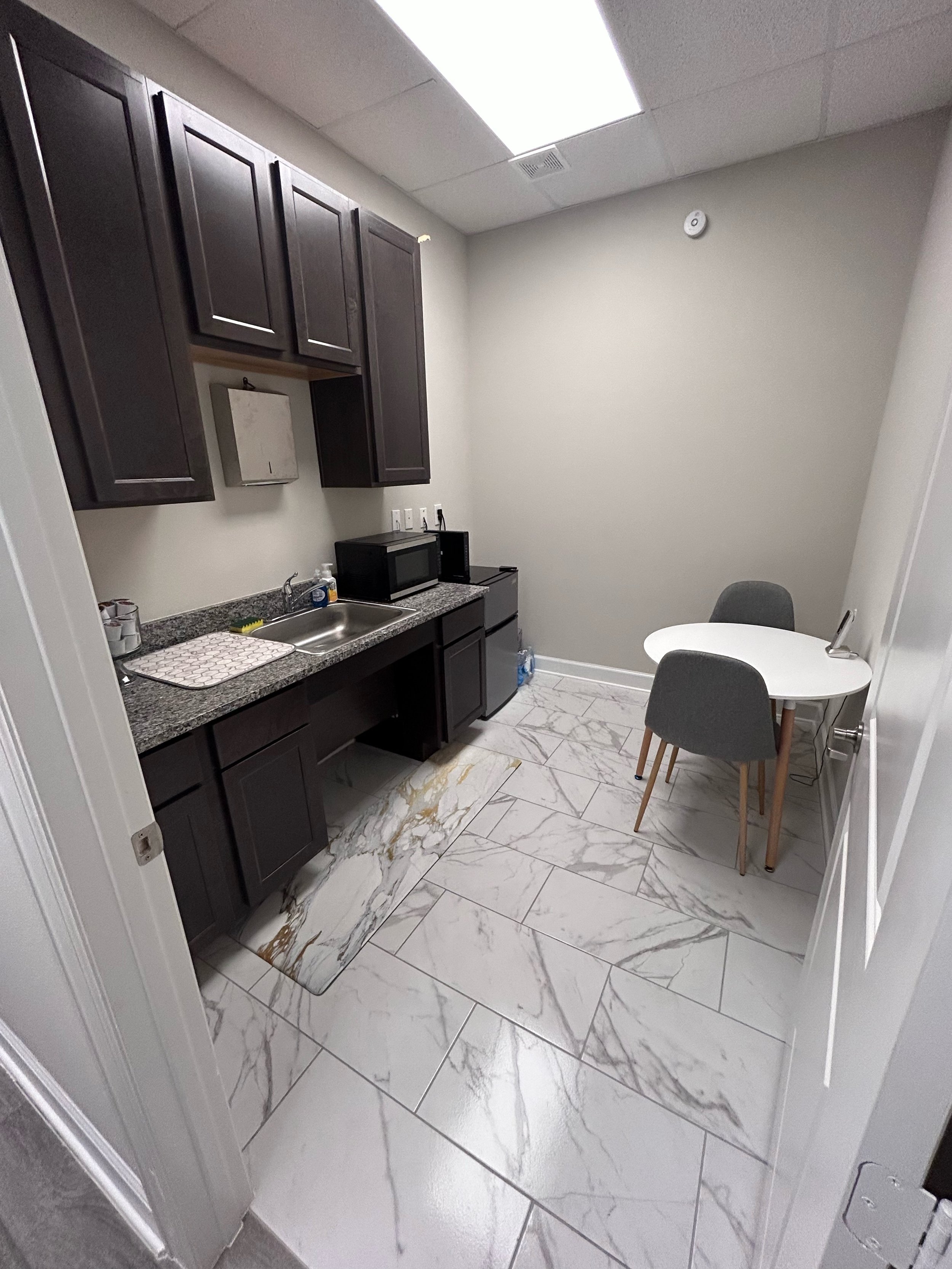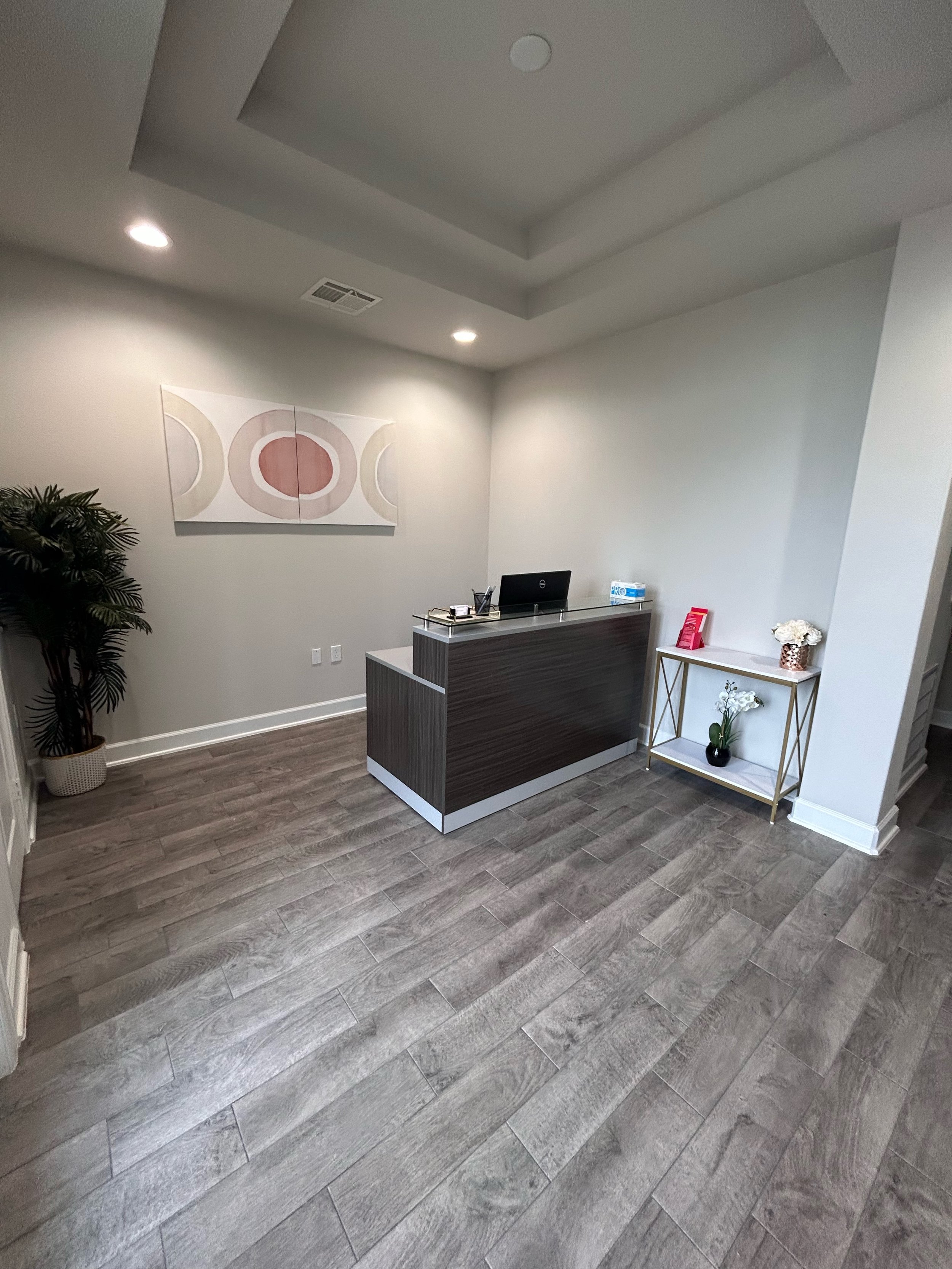ALTERNATIVES TO DESTRUCTIVE ANGER (Jongsma, 2006, p.2)
Constructive Alternatives
A. Assertiveness: Speaking forthrightly in a manner that is very respectful of the other person’s needs and rights and does not attack anyone so as to make them defensive.
B. Tune Out / Cool Down: Recognize that the situation has become volatile and nonproductive and suggest withdrawal from the situation to give each party a chance to cool down and collect his / her thoughts and regain personal control.
C. Relaxation: Learn and implement relaxation skills to reduce stress and tension through the use of words that cue relaxation, deep breathing that releases tension, imagining relaxing scenes, or deep muscle relaxation procedures.
D. Diversion: When anger is felt to be building, find diversionary activities that stop the build up and focus the mind on more enjoyable experiences.
E. Physical Exercise: When anger and tension levels rise, physical exercise can be a wonderful way to release tension and expel energy as an alternative to losing control or exploding in rage.
F. Problem- Solving Skills: Identify or clarify the problem, brainstorm possible solutions, review the pros and cons of each alternative solution, select the best alternative for implementation, evaluate the outcome as to mutual satisfaction, and finally, adjust the solution if necessary to increase mutual satisfaction.
G. Self- Talk: Take time to talk to yourself in calming, reasoned, and constructive sentences that move you toward anger control and away from hurtful expressions of anger.
H. “I” Messages: Speak to the target of your anger, describing your feelings and needs rather than attacking, labeling, or describing the other person’s behavior, motivations, or goals. Begin your sentences with “I feel . . .” or “I need. . . .”
RECOGNIZING THE NEGATIVE CONSEQUENCES OF IMPULSIVE BEHAVIOR (Jongsma, 2006, p.210)
Which One Is Impulsive?
1. Buying the first CD that you think you might like.
1. Looking at all the CDs before selecting the best one.
2. Sitting quietly in a group situation, listening to the person who is speaking.
2. Blurting out some thought that occurs to you and interrupting the group process.
3. Waiting your turn patiently at McDonalds.
3. Complaining loudly about waiting in line and trying to get ahead of others.
4. Grabbing the first piece of clothing to wear in the morning.
4. Selecting clothes that match and fit the situation.
5. Blurting out what you think is an answer to a question.
5. Thinking for a second or two before Speaking.
6. Keeping some money for savings.
6. Spending any and all money as soon as you have it.
7. Waiting for a friend to stop talking before speaking.
7. Butting into a conversation between two friends, interrupting them.
8. Jumping to a new task before another task is finished.
8. Complete one task before starting another.
9. Start watching one TV program and then switch to another and another before any are over.
9. Watch a TV program until it is completed, then choose another.
10. When given direction by a coworker or supervisor, get angry, and yell back at him/her.
10. When given direction by a coworker or supervisor, accept the comment and
comply.
References
Jongsma, A. E. (2006). Adult psychotherapy homework planner (2nd ed.). John Wiley & Sons, Inc.






















